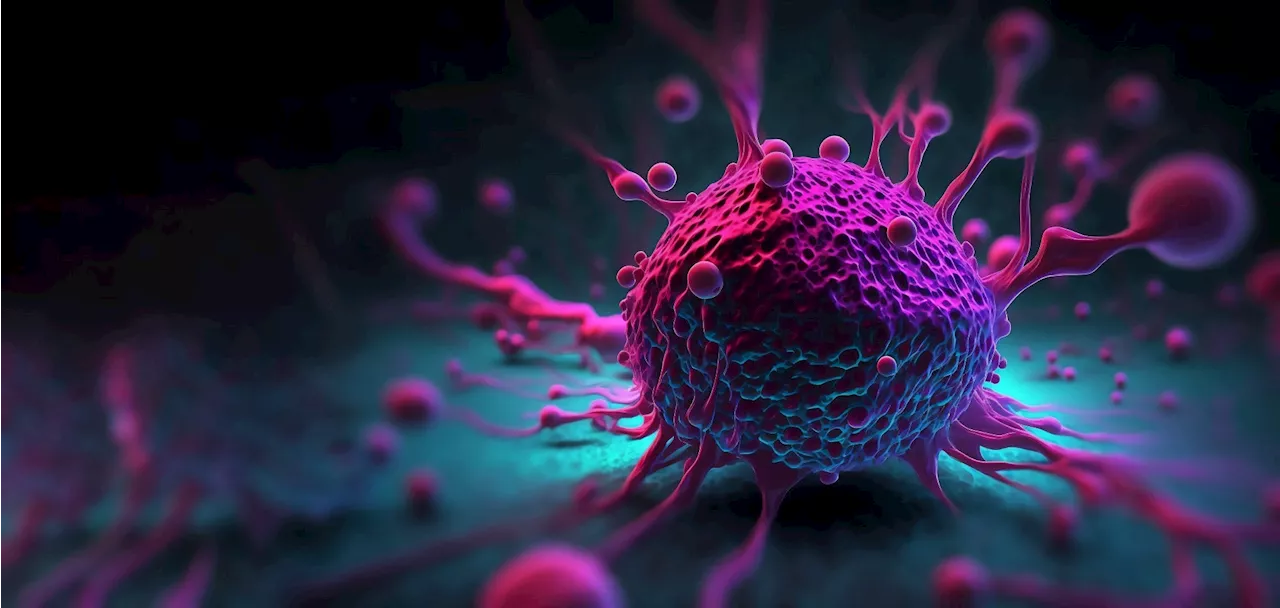Fibroblastic reticular cells (FRCs) create T-cell-supportive niches within lung cancer tumors, facilitating T-cell migration, clustering, and activation. This study highlights FRCs' potential as therapeutic targets to boost anti-tumor immunity in non-small cell lung cancer (NSCLC).
By Dr. Chinta SidharthanReviewed by Benedette Cuffari, M.Sc.Dec 1 2024 Discover how specialized cells form immune-boosting niches in lung tumors, unlocking new strategies to enhance cancer treatments and improve outcomes.
What are FRCs? The ability of the immune system to fight cancer relies on coordinated interactions between various immune cells and their specialized microenvironments. Although FRCs are well-studied in lymphoid tissues, their presence and role within tumors remain unclear. Thus, understanding how FRCs create T-cell-friendly environments within tumors is crucial to clarify the different mechanisms that may boost immunity and improve therapeutic responses. To date, there remains a lack of data on the origin, differentiation pathways, and specific contributions of FRCs to tumor immunity.
In vivo, studies in mice were subsequently conducted to monitor the differentiation of FRCs from perivascular progenitor cells through lineage-tracing methods. Thereafter, two distinct FRC subsets of perivascular reticular cells and T zone reticular cells were found to originate from adventitial and mural fibroblast populations.
In human NSCLC, CCL19-expressing FRCs were responsible for tertiary lymphoid structure formation and T-cell tracks. These structures facilitated T-cell clustering, which suggests enhanced immune interactions within the tumor microenvironment. Confocal microscopy also revealed CCL19 gradients along T-cell tracks that likely facilitate T-cell migration and activation.
Immunity Lung Cancer Bioinformatics CCL19 Cell Cell Migration Chemokine Chemokines Confocal Microscopy Coronavirus Immune System Immunotherapy Ligand Microscopy Molecule Non-Small Cell Lung Cancer Progenitor Cells Small Cell Lung Cancer T-Cell Tumor
United Kingdom Latest News, United Kingdom Headlines
Similar News:You can also read news stories similar to this one that we have collected from other news sources.
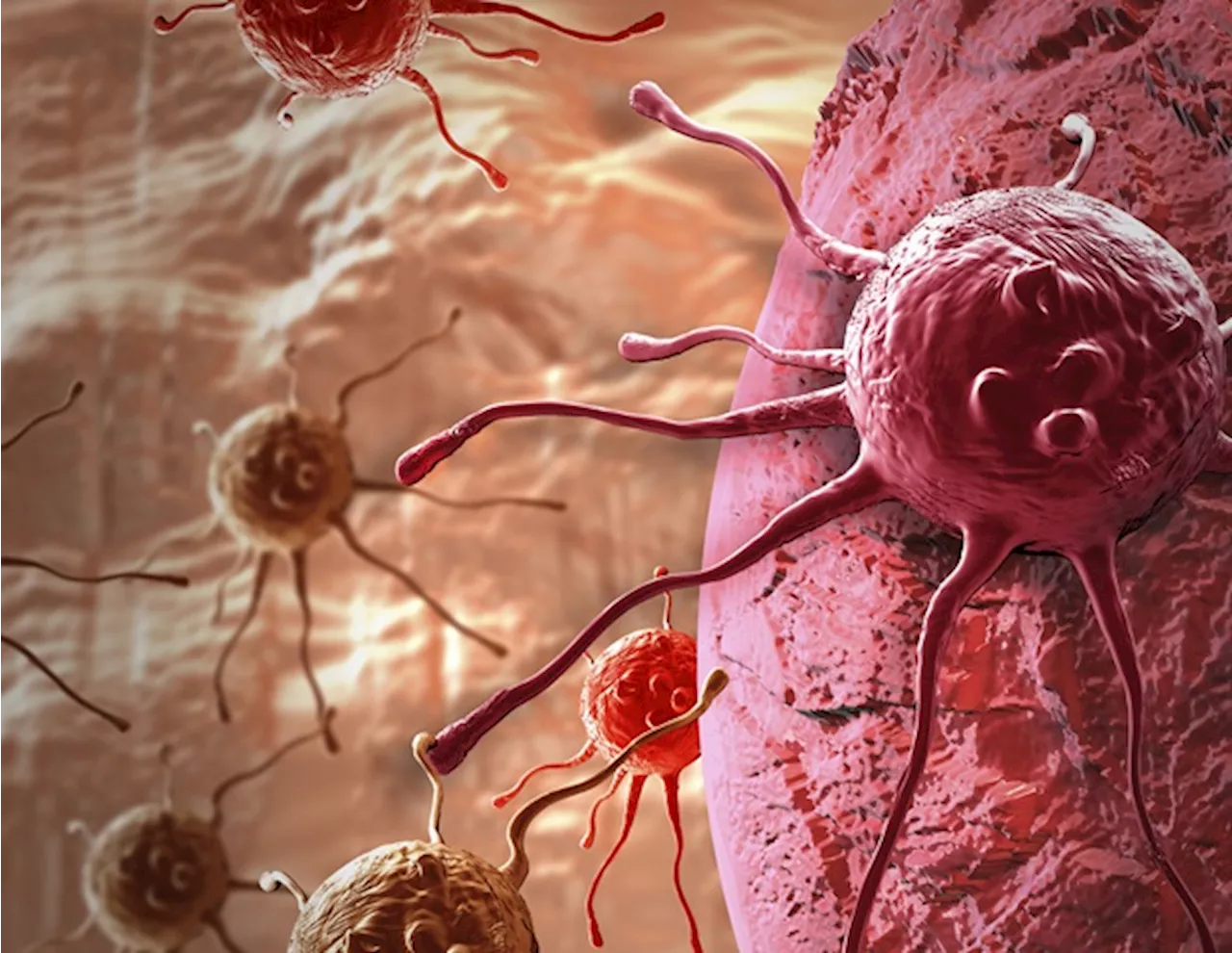 Assessing recurrence risk with ctDNA-based MRD detection in NSCLC patientsIn operable non-small cell lung cancer (NSCLC), molecular residual disease (MRD) detection via circulating tumor DNA (ctDNA) has emerged as a promising approach to identify individuals at high risk of disease recurrence and potentially guide adjuvant therapy decisions.
Assessing recurrence risk with ctDNA-based MRD detection in NSCLC patientsIn operable non-small cell lung cancer (NSCLC), molecular residual disease (MRD) detection via circulating tumor DNA (ctDNA) has emerged as a promising approach to identify individuals at high risk of disease recurrence and potentially guide adjuvant therapy decisions.
Read more »
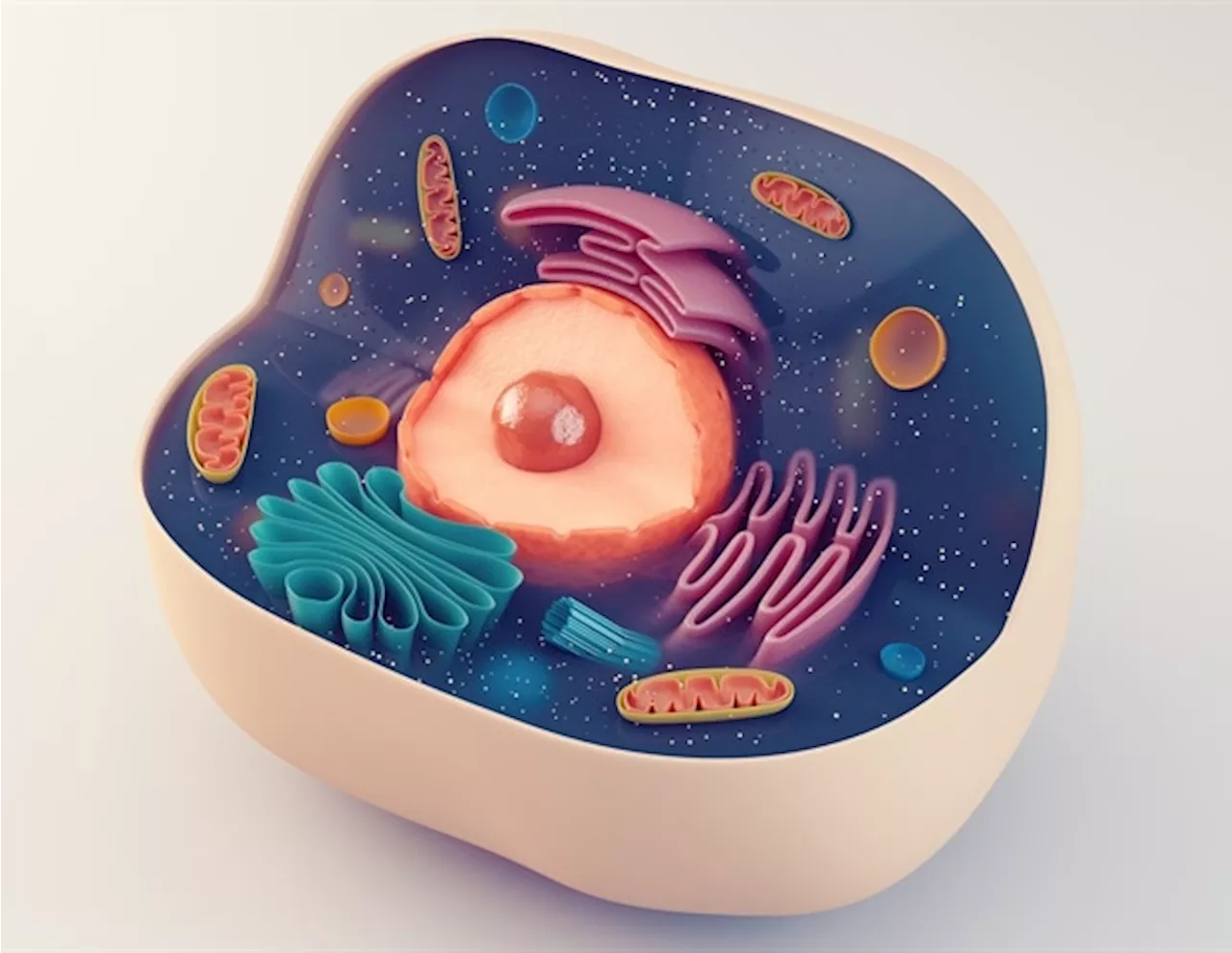 Neuropeptides influence T cell differentiation during viral infectionsT helper (TH) cells are essential immune cells that help other immune cells function effectively. When activated in response to environmental stimuli, these cells can differentiate into either TH1 cells, which fight against viruses and intracellular pathogens, or TH2 cells, which fight against extracellular pathogens like bacteria and parasites.
Neuropeptides influence T cell differentiation during viral infectionsT helper (TH) cells are essential immune cells that help other immune cells function effectively. When activated in response to environmental stimuli, these cells can differentiate into either TH1 cells, which fight against viruses and intracellular pathogens, or TH2 cells, which fight against extracellular pathogens like bacteria and parasites.
Read more »
 Study reveals how cancer cells evade chemotherapy in low-glucose environmentsLaboratory experiments with cancer cells reveal two ways in which tumors evade drugs designed to starve and kill them, a new study shows.
Study reveals how cancer cells evade chemotherapy in low-glucose environmentsLaboratory experiments with cancer cells reveal two ways in which tumors evade drugs designed to starve and kill them, a new study shows.
Read more »
 Epigenetic profiles of blood cancer cells could aid in diagnosis and treatmentResearch in biomedical laboratories has been changing significantly in recent years, to the point that test tubes have given way to computers on many occasions.
Epigenetic profiles of blood cancer cells could aid in diagnosis and treatmentResearch in biomedical laboratories has been changing significantly in recent years, to the point that test tubes have given way to computers on many occasions.
Read more »
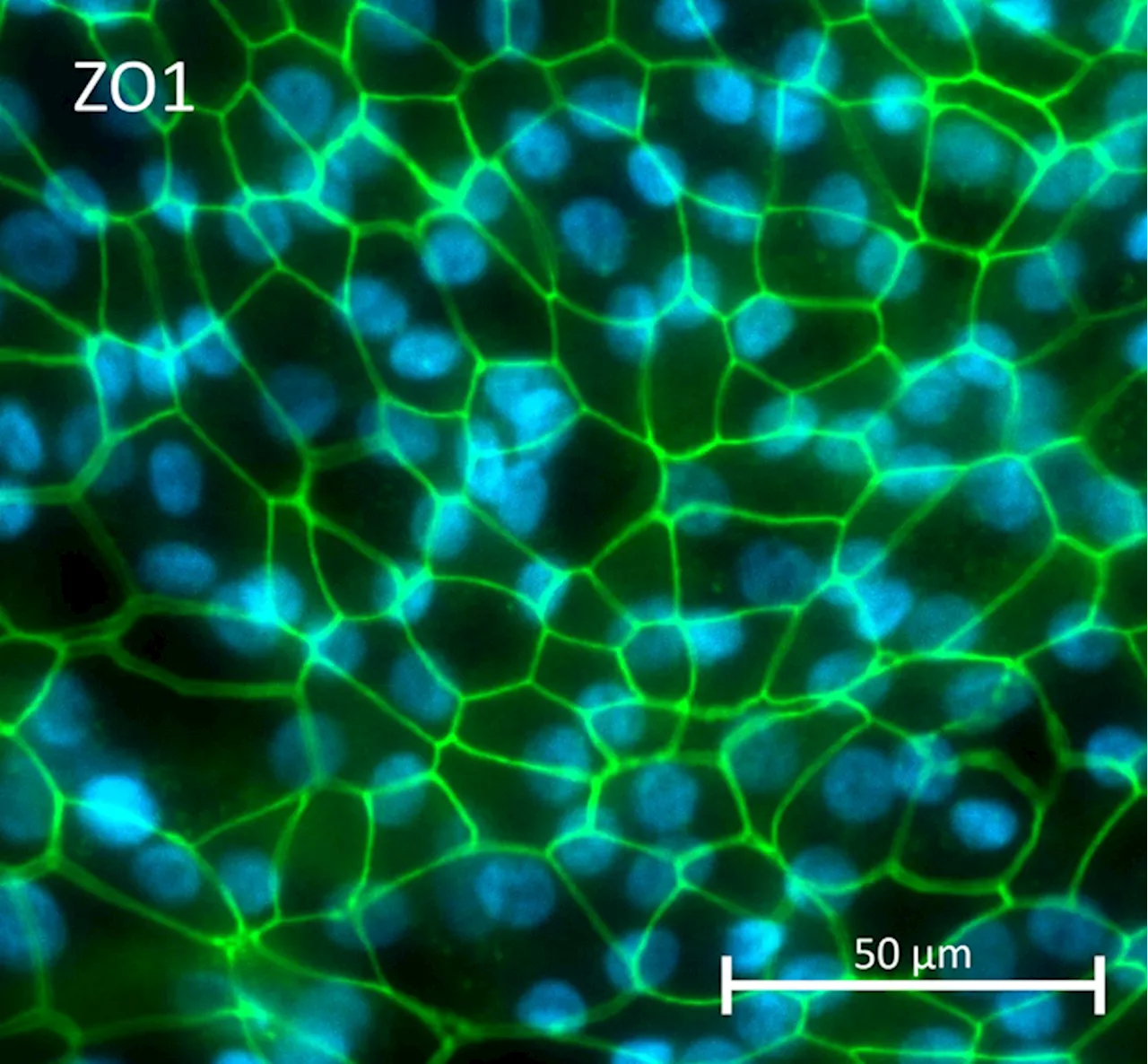 Assessment of gene therapy viral vectors in RPE cellsThis research evaluates the effects of various gene therapy viral vectors on RPE cells to determine efficacy for therapeutic applications.
Assessment of gene therapy viral vectors in RPE cellsThis research evaluates the effects of various gene therapy viral vectors on RPE cells to determine efficacy for therapeutic applications.
Read more »
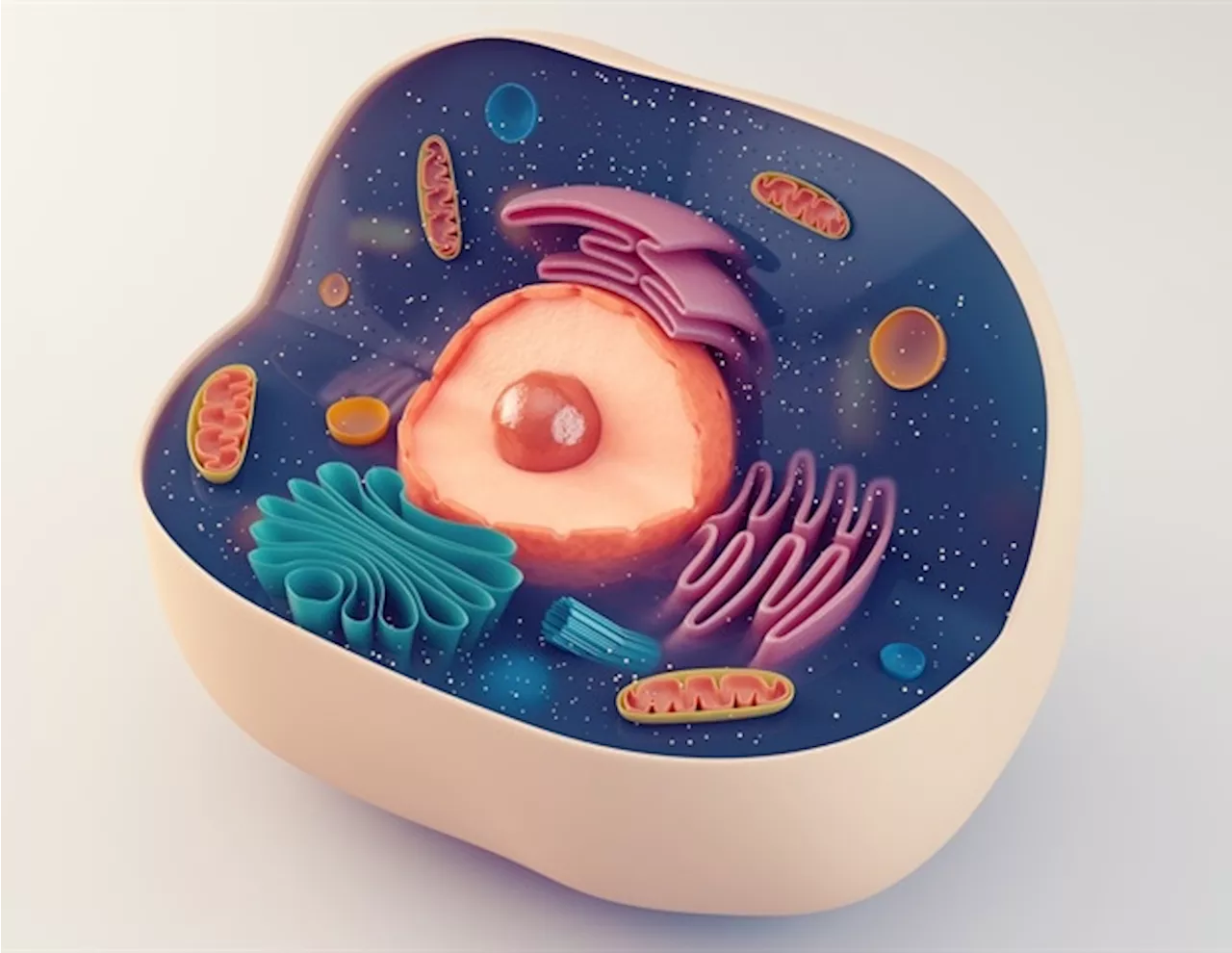 Study sheds light on how cells repair damaged DNANew research from the Kind Group at the Hubrecht Institute sheds light on how cells repair damaged DNA. For the first time, the team has mapped the activity of repair proteins in individual human cells.
Study sheds light on how cells repair damaged DNANew research from the Kind Group at the Hubrecht Institute sheds light on how cells repair damaged DNA. For the first time, the team has mapped the activity of repair proteins in individual human cells.
Read more »
